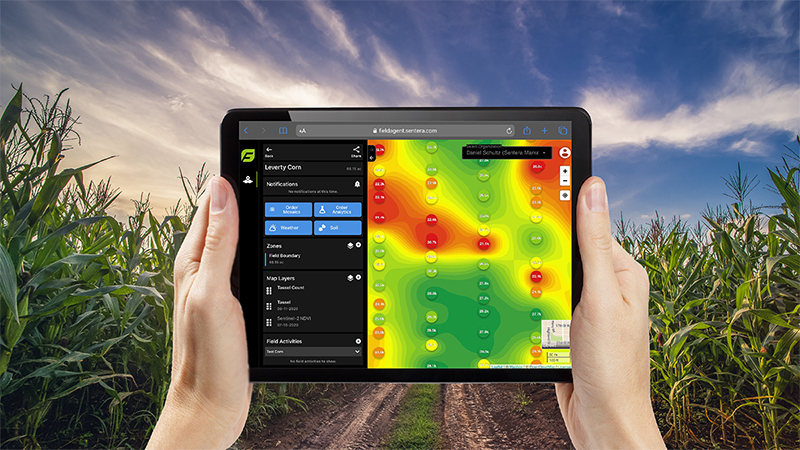10 Disruptive Trends for Crop Protection
Crop protection as we know it today is on borrowed time, writes David Frabotta at AgriBusiness Global. Technological, agronomic, and societal changes are reshaping what businesses will look like in the next five years for the entire value chain – manufacturers, formulators, trading houses, import/export companies, distributors, and retailers. Every business is susceptible to broader disruptions. The Precision Application Asia Conference held last November in Bangkok outlined how crop inputs and the value chain might change in near future as a result of compounding pressures.
Here are a few of the many insights shared at that meeting on disruption for the demand for crop inputs:
-
- In almost every country around the world, farmers are aging, laborers are difficult to find, and farms are consolidating. These three factors will usher in rapid adoption of technology to manage farm operations. In Japan, where the average age of the farmer is 67 and farm workers are hard to find, about 80% of spray applications on rice is delivered by UAV. Emerging economies will see a similar plight, but it will happen much faster because the technology is more accessible. UAV and other new application methods are more effective, efficient, and require optimized formulations.
- Technological advances will allow Asian farmers to leapfrog over 100 years of mechanization and other technology to bolster yields. Tractor-sharing platforms, UAV-sharing websites, and other Uber-inspired startups will give agronomists and farmers unprecedented access to cutting-edge technology that will ultimately provide on-farm decision support to smallholders and large plantations alike. Digital farming platforms are feasibly driven by smartphones and affordable connectivity. Improved agronomic support and better mechanization will provide more guidance behind seasonal fungicide applications.
Continue reading at AgriBusiness Global.
2
2
5
10 Disruptive Trends for Crop Protection





